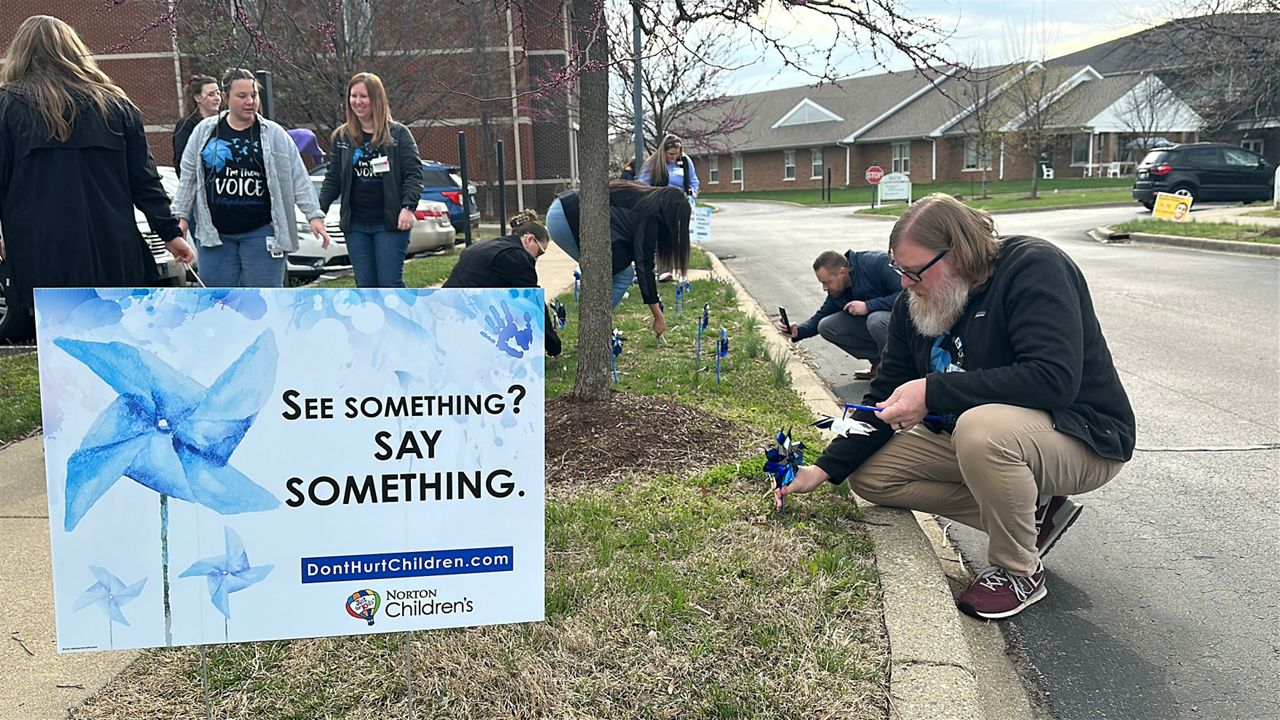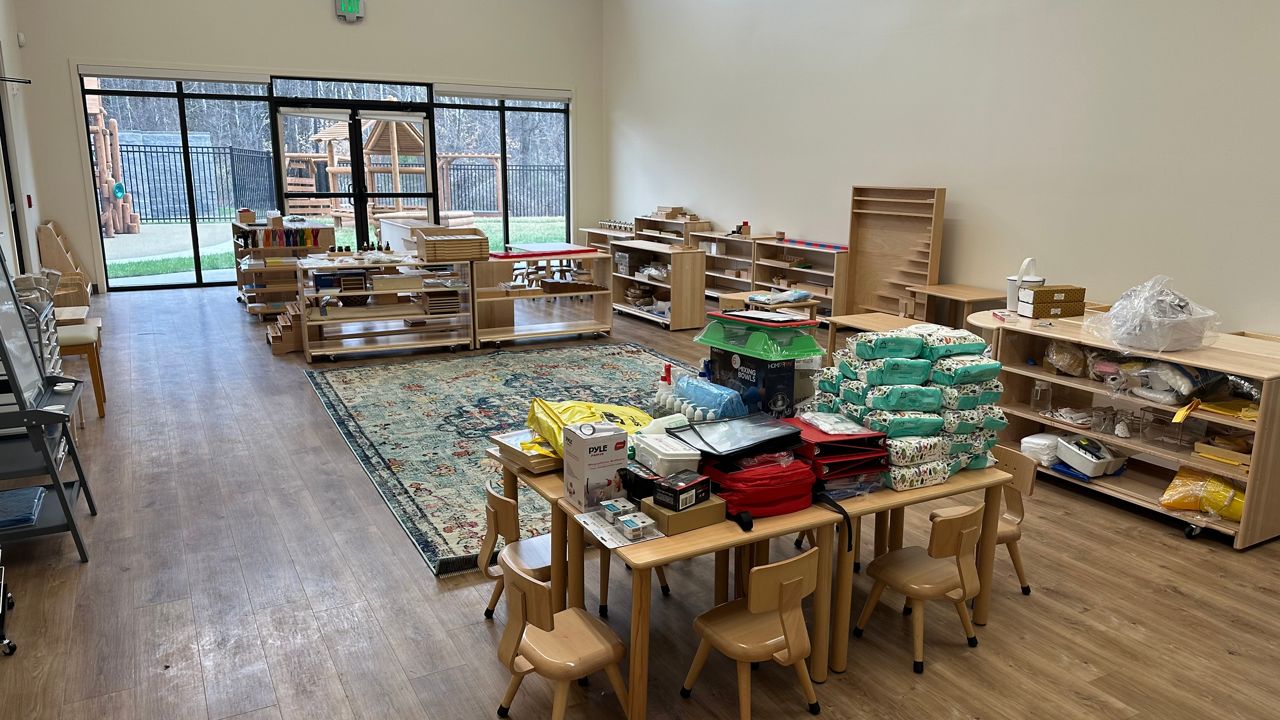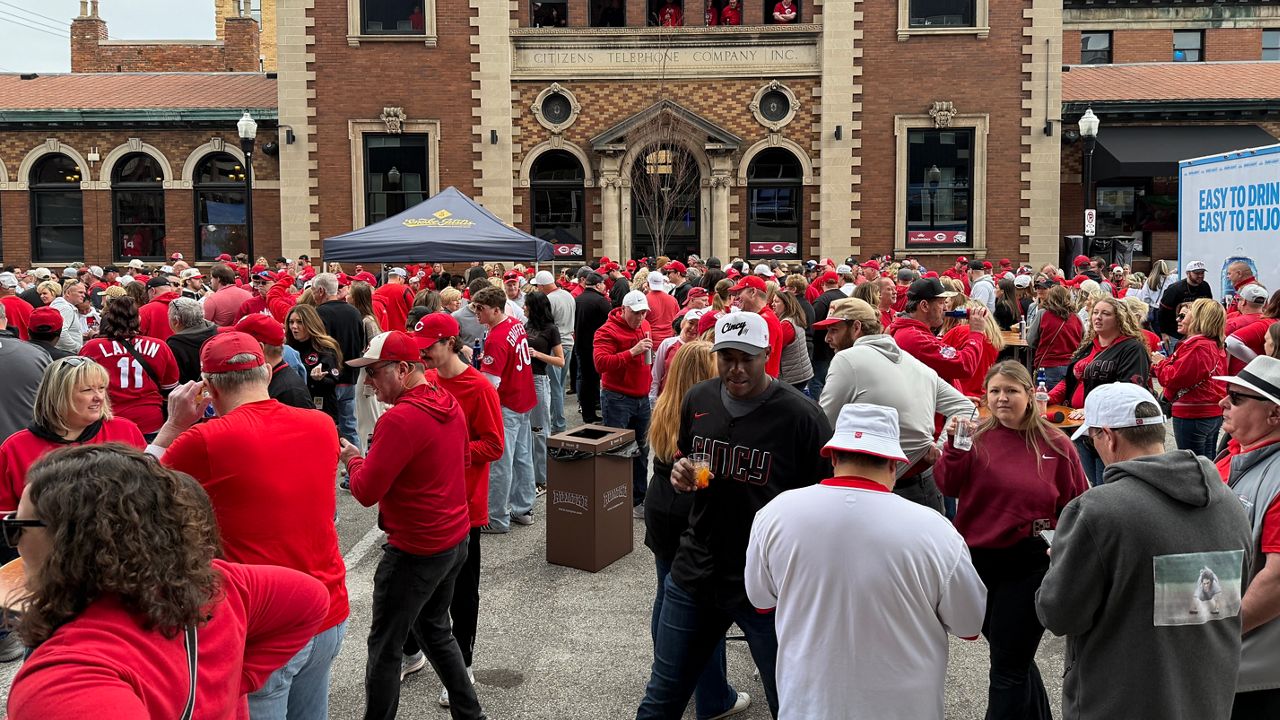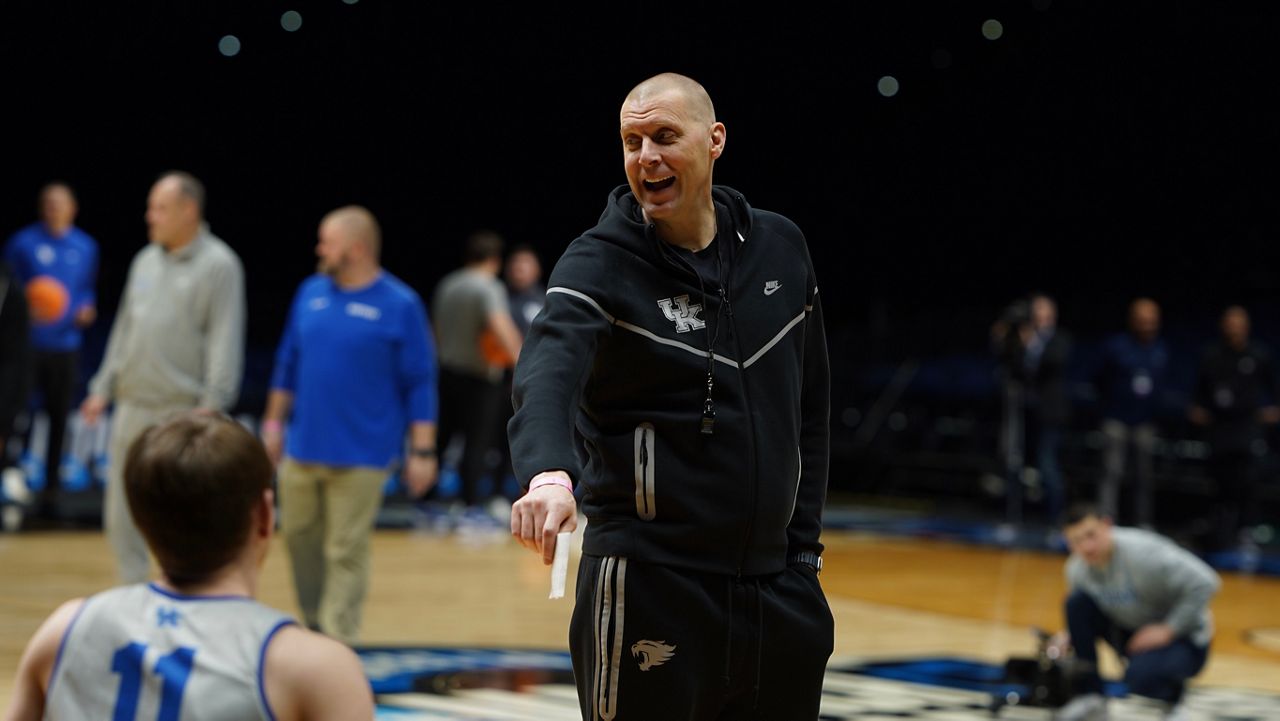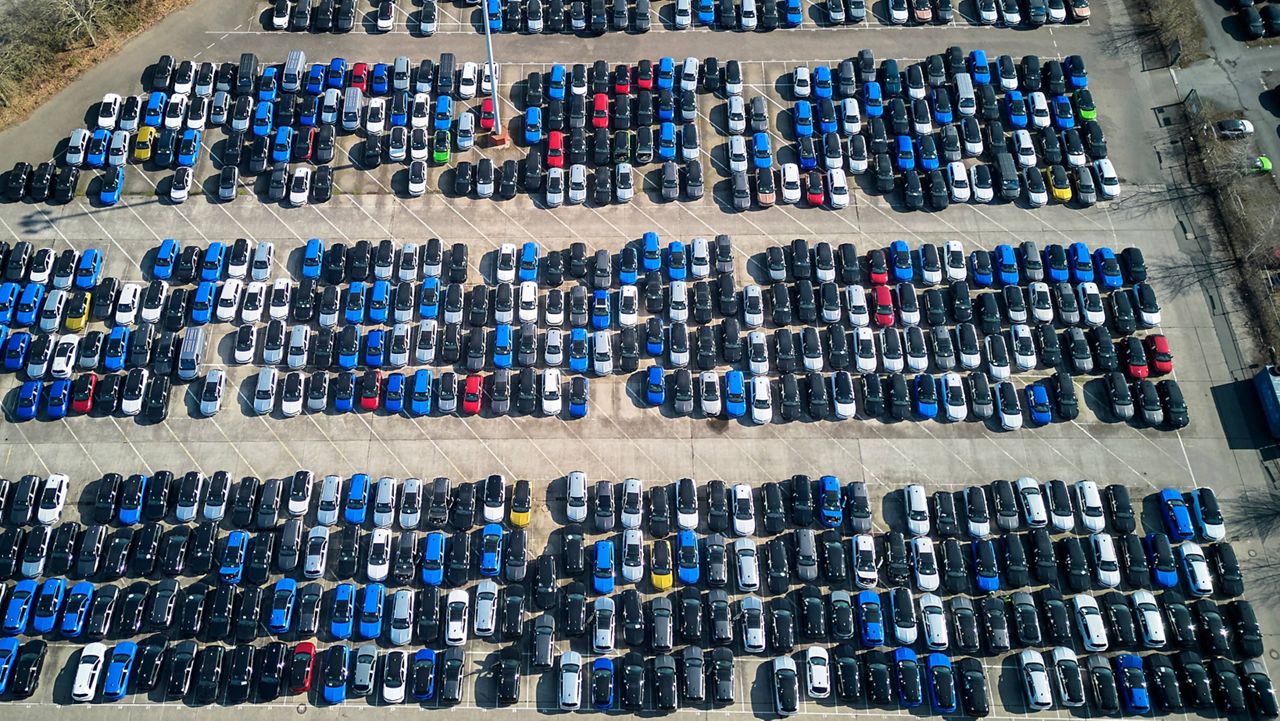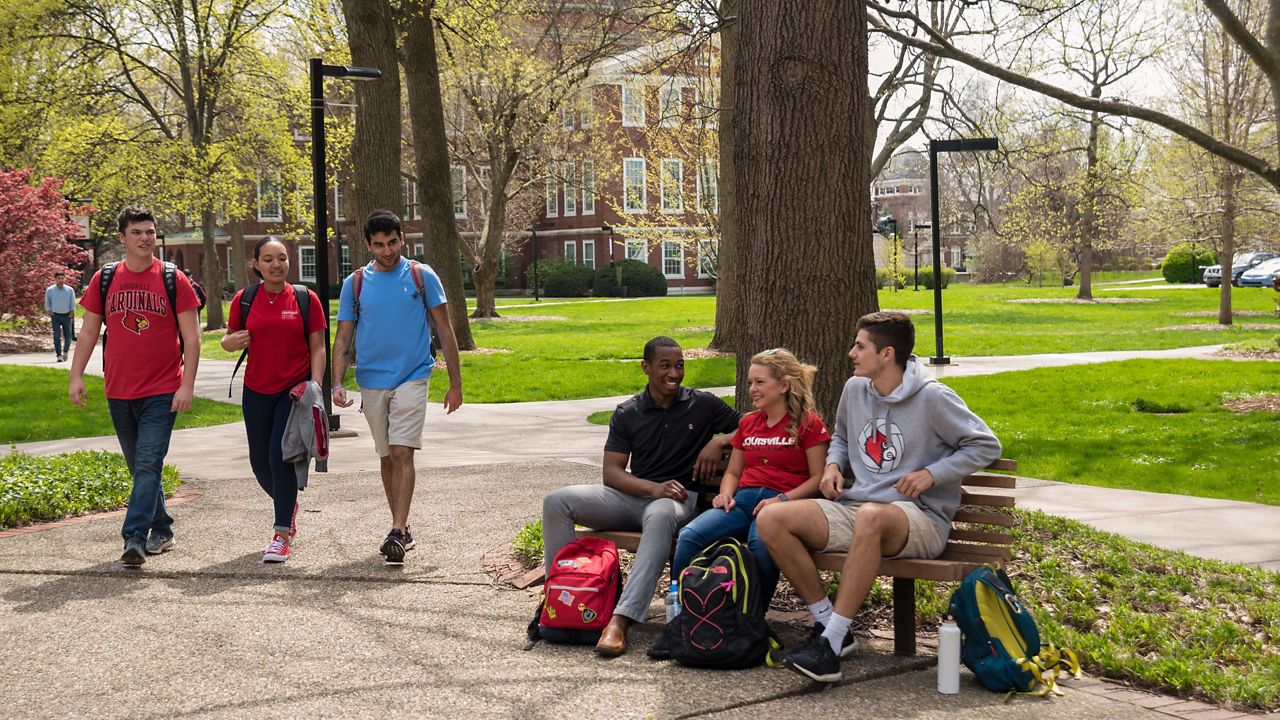LOUISVILLE, Ky. — A consent decree agreement has been reached between Louisville Metro Government and the U.S. Department of Justice. It comes nearly two years after the DOJ found Louisville police engaged in practices that violated the U.S. Constitution and federal law.
The document, which was signed earlier this week, outlines several areas of bad practices and pathways to remedy them. The agreement also includes an independent monitor to oversee the decree’s implementation.
“This consent decree marks a new day for Louisville," said Kristen Clarke, U.S. assistant attorney general. "Our standing together today makes clear that Louisville and the United States share the goals of promoting public safety, ensuring constitutional policing and strengthening trust between community and law enforcement."
Negotiations of the consent decree first began in Feb. 2024. All parties signed the 248-page agreement Dec. 9 that stems from an investigation prompted by the fatal police shooting of Breonna Taylor in 2020.
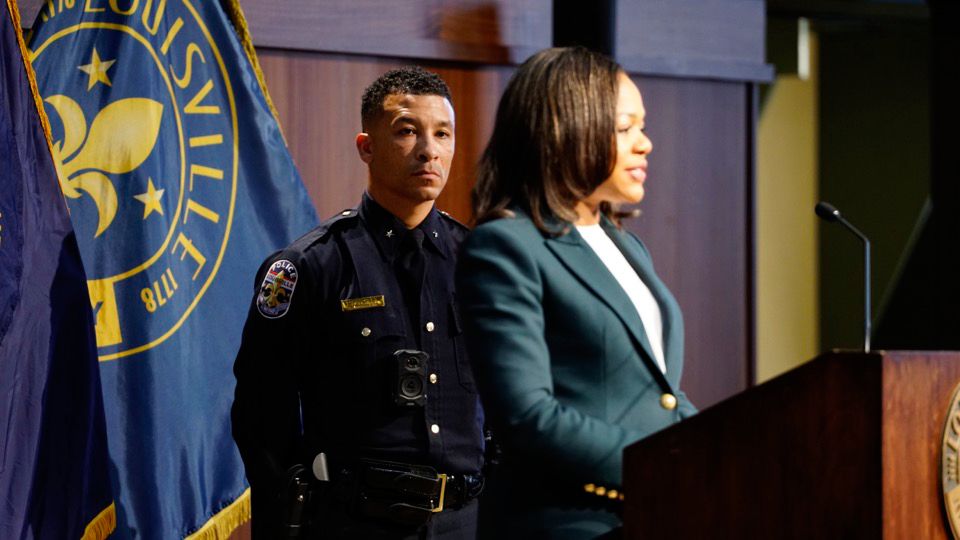
After months of negotiations, community members now get to see the terms laid out in the consent decree.
"The signing of this agreement is a good first step, but it is just the first step," said Lyndon Pryor, Louisville Urban League chief engagement officer. "We've got to move forward together as a city in lockstep, ready to make the tough decisions and hold one another accountable."
The city said the consent decree is the result of more than 65 meetings, plus countless phone calls and document reviews equaling thousands of hours logged by members of the Louisville Metro government negotiation team.
Councilmember Shameka Parrish-Wright said the decree is a step toward progress, but it’s also about oversight.
"We haven't seen accountability from LMPD ... the chief is paid more than anybody else in the city," she said. "And in any of my jobs, whoever's paid the most is the boss."
"LMPD has had a problem over the years acknowledging their role in this. And our mayor, although I think he means well, hasn't spoke about it. And I was so thankful that Kristen Clarke spoke on what got us here. LMPD got us here."
Taylor’s death in 2020 prompted monthslong protests on the streets of Louisville and across the U.S.
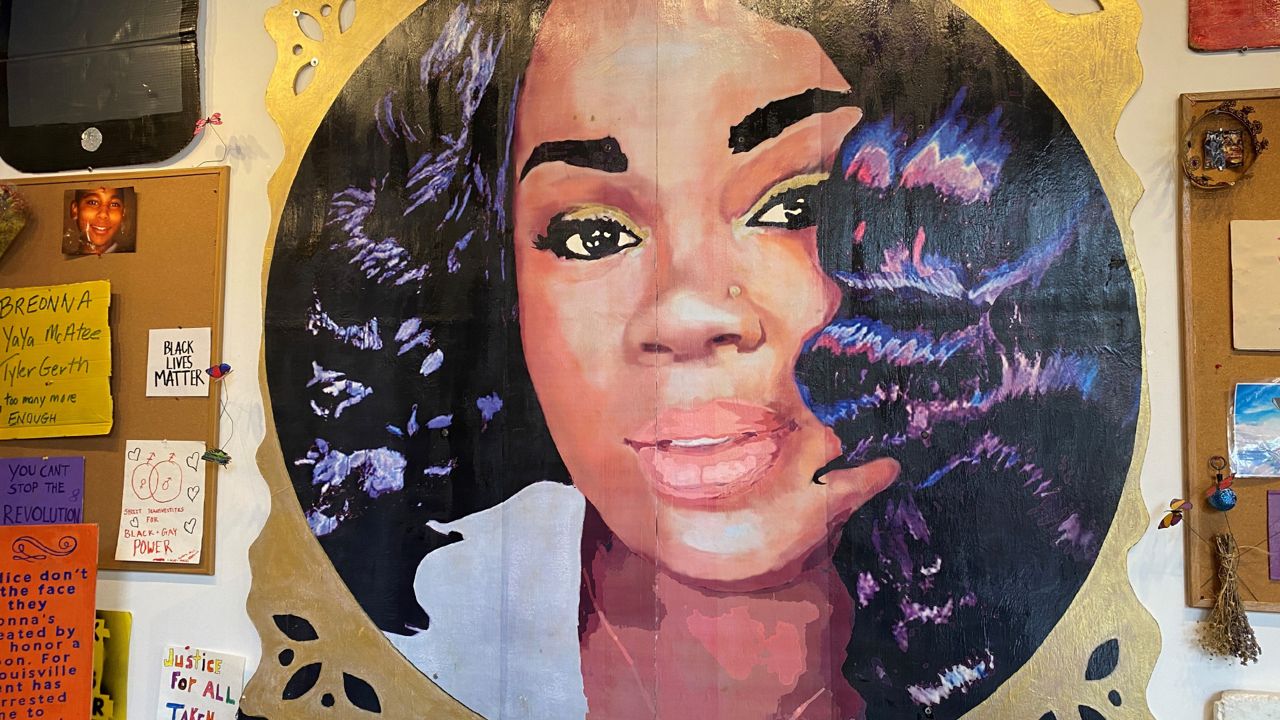
Taylor’s mother, Tamika Palmer, said while she sees progress in the reforms, she isn’t as confident about the execution of the agreement. But she added she remains hopeful.
"We've been talking since 2020," Palmer said. "And again, some things have happened very slowly. Some none at all. We have to see action."
State Senator-elect Keturah Herron, D-Louisville, said Taylor’s death sparked the changes by establishing a Civilian Review and Accountability Board to the ban of no-knock warrants.
"We're going to continue to put pressure on the administration, continue to put pressure on the department to make sure they are doing the things that they need to do, to ensure full community safety," Herron said.
The city will hire an independent third-party monitor to oversee the decree’s implementation. It have to pay the monitor about $1.5 million per year for at least two years. A federal judge will have the final say over who that monitor is.
City leaders said they hope to have that monitor in place by spring 2025.






